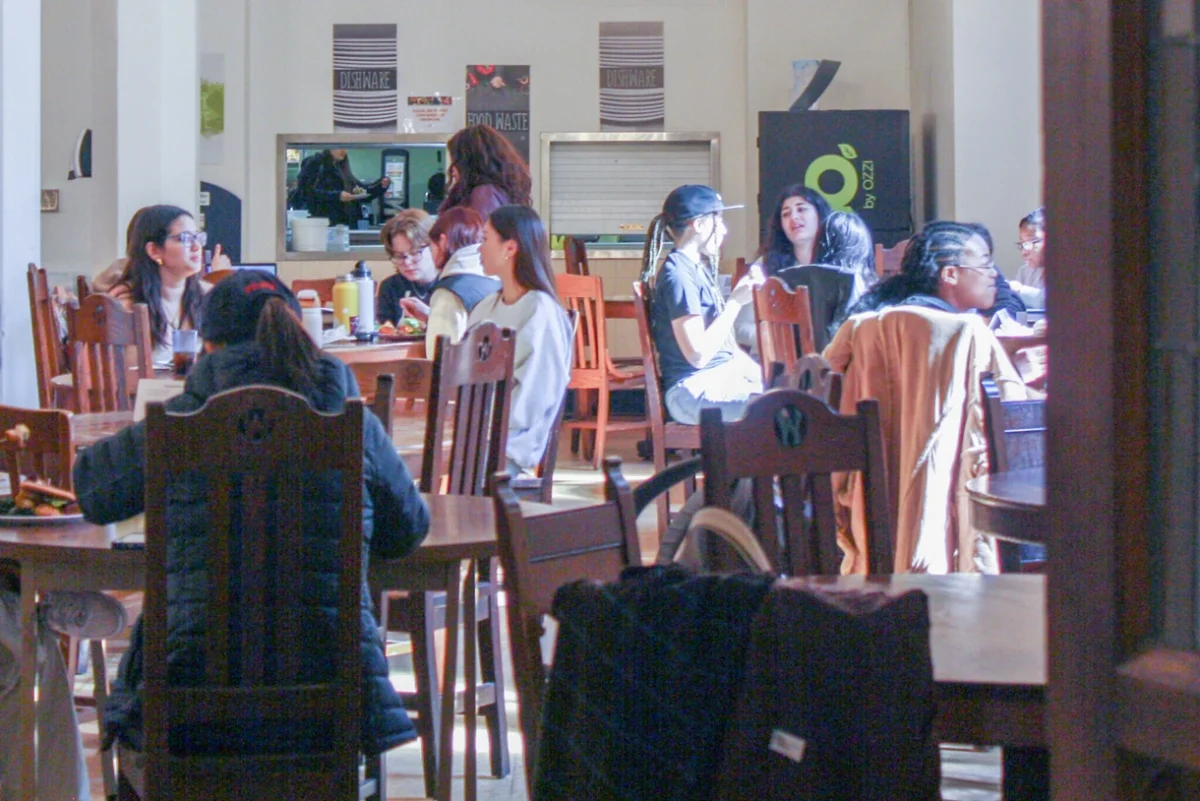By BROTI GUPTA ’16
Assistant Features Editor
A few months ago, I made my once-a-month trip to CVS to buy pads and tampons. As I checked out of the store, one of the (male) cashiers offered to put the products in multiple plastic bags and said, “Don’t worry, miss. You can’t see a thing now!” I walked out of the store thinking, “I didn’t even ask him to do that. Why was he embarrassed?”
There’s a certain level of embarrassment and discomfort when it comes to menstruation. And, carrying a clear bag with pads and tampons once a month becomes a scarlet letter of femininity. HelloFlo, a monthly subscription service that delivers feminine care products seeks to combat the taboo of menstruation while also helping women avoid having to make those last minute trips to CVS.
Naama Bloom, founder of HelloFlo, said that the idea for the product came about when she noticed advertisements for subscription services popping up online. “[I] was trying to think about whether or not one could be created for women around a grudge purchase, something we have to buy but don’t enjoy shopping for [or] spending money on,” she said.
Bloom added that menstruating is still, after 20 years, something that catches her off guard when it arrives. “[The] idea was to create a service that would be like a friend showing up a few days before your period and handing you some tampons to put in your purse,” she said.
The commercial for the product, called “Camp Gyno,” features a young girl who proudly declares herself the summer camp gynecologist because she has been blessed with something nobody else has: her period. As more and more girls get their period, they are given care packages to help manage this unsettling time. “It’s like Santa for your vagina!” exclaims the young girl at the end of the ad. When asked about the idea for the commercial, Bloom said, “I realized that the population who would benefit the most from the service was girls that were just starting to menstruate. I figured it was a great way to let them take charge of their cycle and also have a little fun with it. So I wanted to appeal to them and their moms.”
The “Camp Gyno” commercial also touched on the shame and taboo that comes with openly discussing menstruation.
Sabrina Zionts ’16, campus coordinator for HelloFlo at Wellesley, supports the mission behind taking away the silence that often surrounds menstruation. “I am a supporter of HelloFlo because its service normalizes and even celebrates menstruation,” Zionts said.
This shame that accompanies menstruation unfortunately also bleeds into the workplace. Upon a visit to Google’s offices, Naama Bloom found that the office bathrooms were stocked with feminine products, and these were readily available to all employees without additional cost. Her initiative became to encourage women’s accessibility to feminine products in corporate and professional settings, especially to combat the potential embarrassment that may come out of having to carry pads and tampons in transparent bags.
The efforts to expand this product to provide employees with free feminine care is a large factor of what attracts Zionts to the product. “Pads and tampons are expensive and not covered by food stamps,” Zionts said. “Having subsidized or complimentary access to these products would relieve women from a financial burden they must bear by virtue of being a menstruating woman.”
Furthermore, when asked about why the lack of feminine products in professional settings exists, Bloom says, “I think people don’t like to acknowledge that menstruation exists so when thinking about what to supply in restrooms, it doesn’t come up. Also, when you think about who traditionally was making decisions for large corporations, many of them don’t get their periods or even want to acknowledge that periods exist.”
HelloFlo’s Wellesley branch was launched this spring semester. So far, their major project for the semester has been a pad and tampon drive for Rosie’s Place, a shelter for poor and homeless women in the Boston area. The organization collected over 1,000 products and were inspired to implement this project because of how expensive these products typically are. Zionts says she hopes to run a similar drive next semester to benefit another shelter.




